ILRE
Preserving homes and hope on the South Side and Southland
Lita Scott exemplifies how one person can truly make a difference.
Since 2002, Scott, an information technology project manager, has been acquiring properties on Chicago’s South Side and Southland, fixing them up, and renting to members of the community. But this side business isn’t just about generating a return—it’s part of Scott’s larger mission to provide safe, affordable housing in communities that sorely need it.
“I looked around and saw that there was affordable housing here, but it wasn’t safe,” Scott says. “I realized that, as an African-American woman, if I hadn’t had the supports I was lucky enough to have been born with, I might have been in a situation where I had to live in these conditions. And that wasn’t acceptable to me at all.”
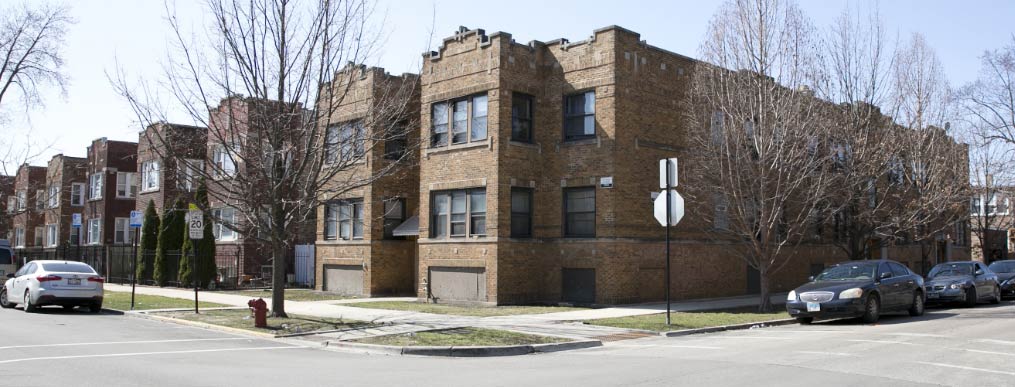
Today Scott’s real estate development company, ILRE LLC, owns and manages 42 units in nine buildings located in Oak Lawn, Auburn Gresham, Greater Grand Crossing, South Shore, and East Garfield Park. For many of the hundreds of tenants she’s rented to over the years, Scott has been much more than a typical landlord: she gets to know renters and their needs; stops for a chat or a game with their children; and even shares career advice.
“It’s so rewarding when I see youngsters who have been in my buildings for years graduate from school and start working and raising children. They’ll contact me every now and again to check in and say hi, ask me a question, or share a picture of a newborn. That is a good feeling right there, like I’ve been able to reach a couple of people,” Scott says.
When COVID-19 hit, Scott was concerned because a number of her tenants’ jobs were eliminated or scaled back, and many had difficulty coming up with rent. To make matters worse, the costs of utilities and maintenance were soaring due to tenants sheltering in place.
Scott reached out to CCLF, with whom she has worked since 2015 to refinance mortgages on several of her properties. CCLF allowed Scott to defer her loan payments and also gave her a $5,000 emergency grant using funds from the Federal Home Loan Bank of Chicago. These measures provided relief for Scott and her tenants until the tenants’ unemployment benefits could kick in and they could begin making payments again.
“CCLF is not just business-focused—they’re also very realistic and in tune with what’s happening in the world. Their flexibility during COVID-19 was such a blessing to me and my tenants.”
Now Scott can continue doing what she was made for: ensuring South Side and Southland residents have safe and affordable living options, with a landlord who cares deeply about them and their wellbeing.

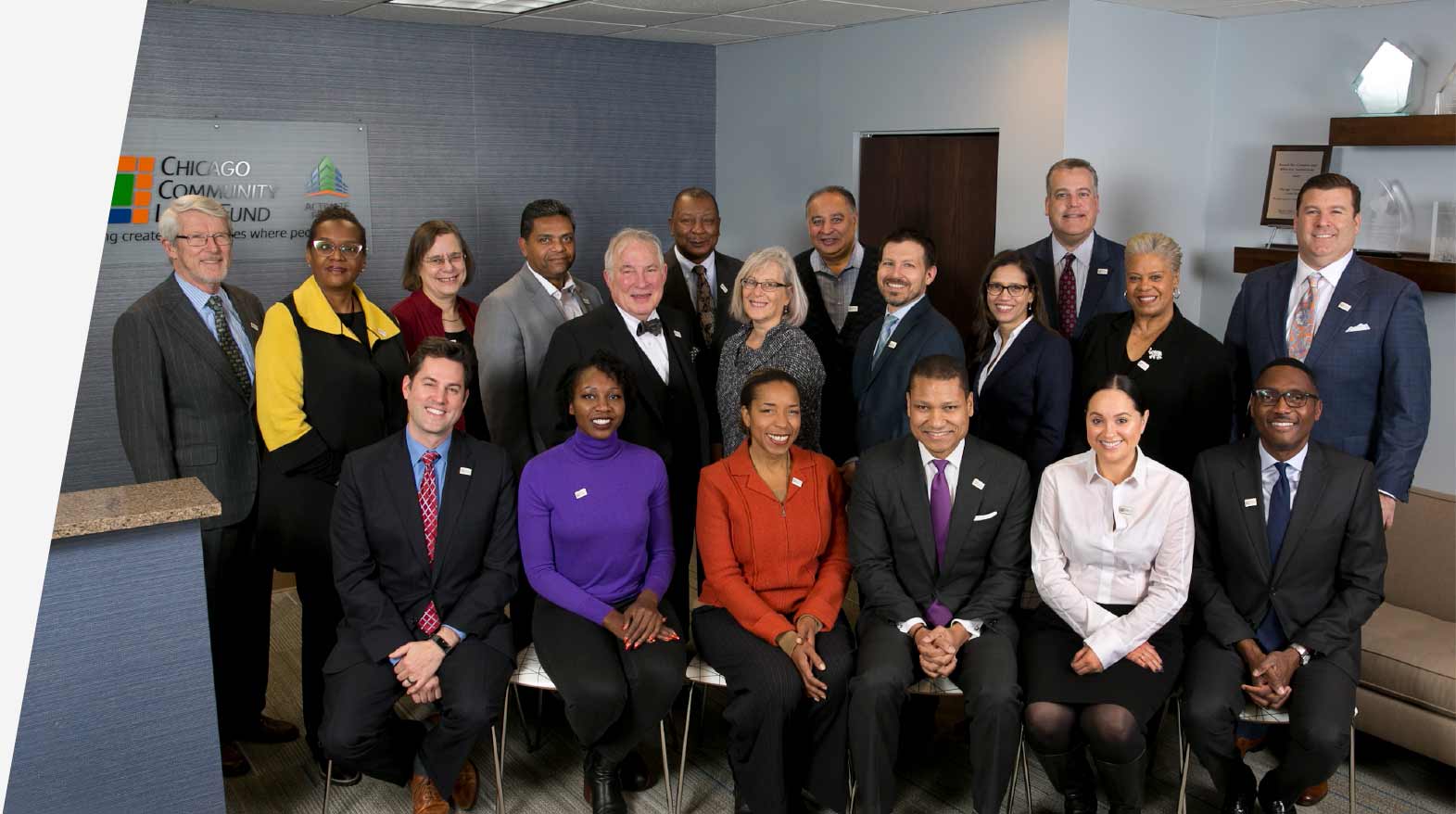



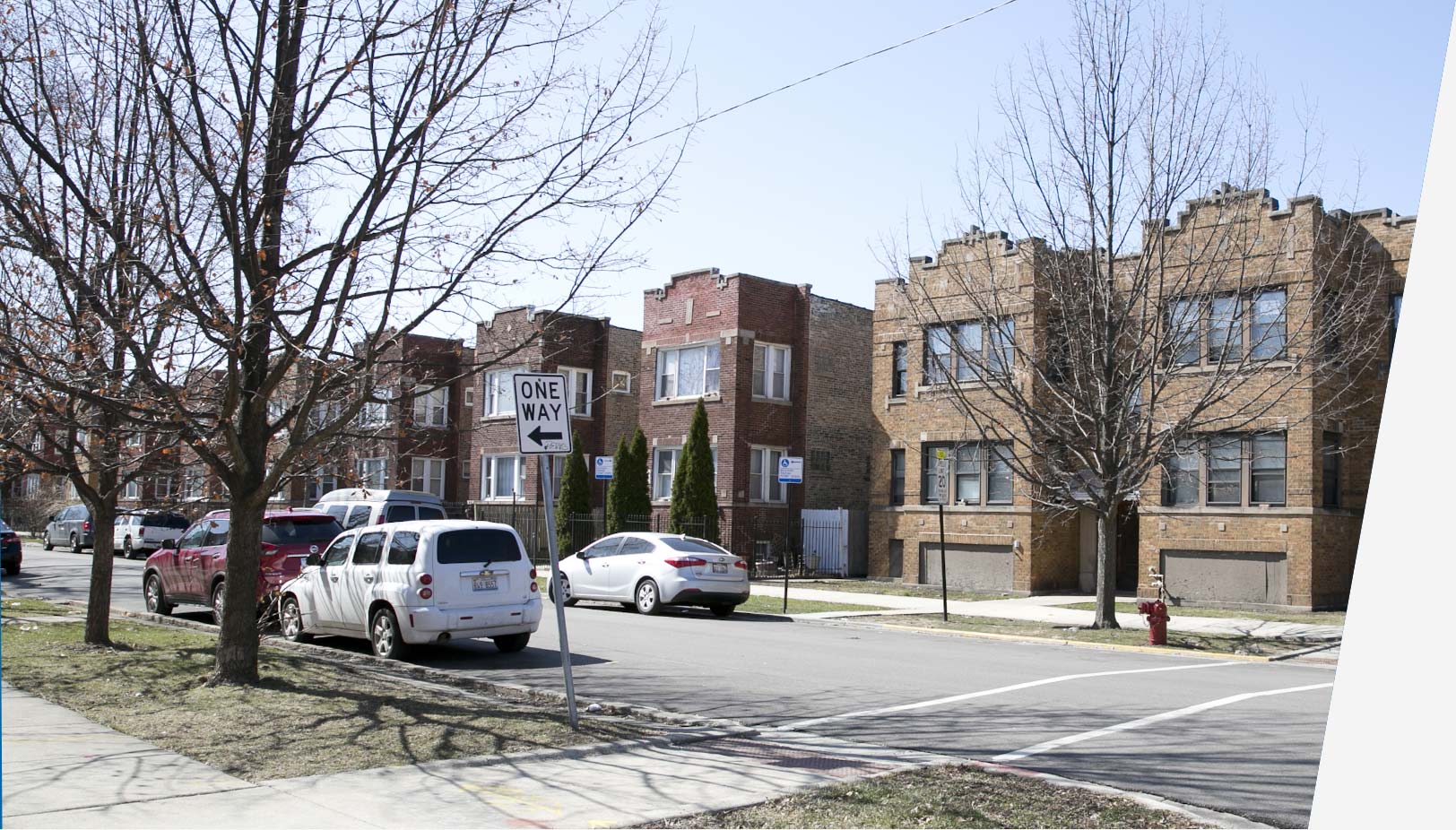
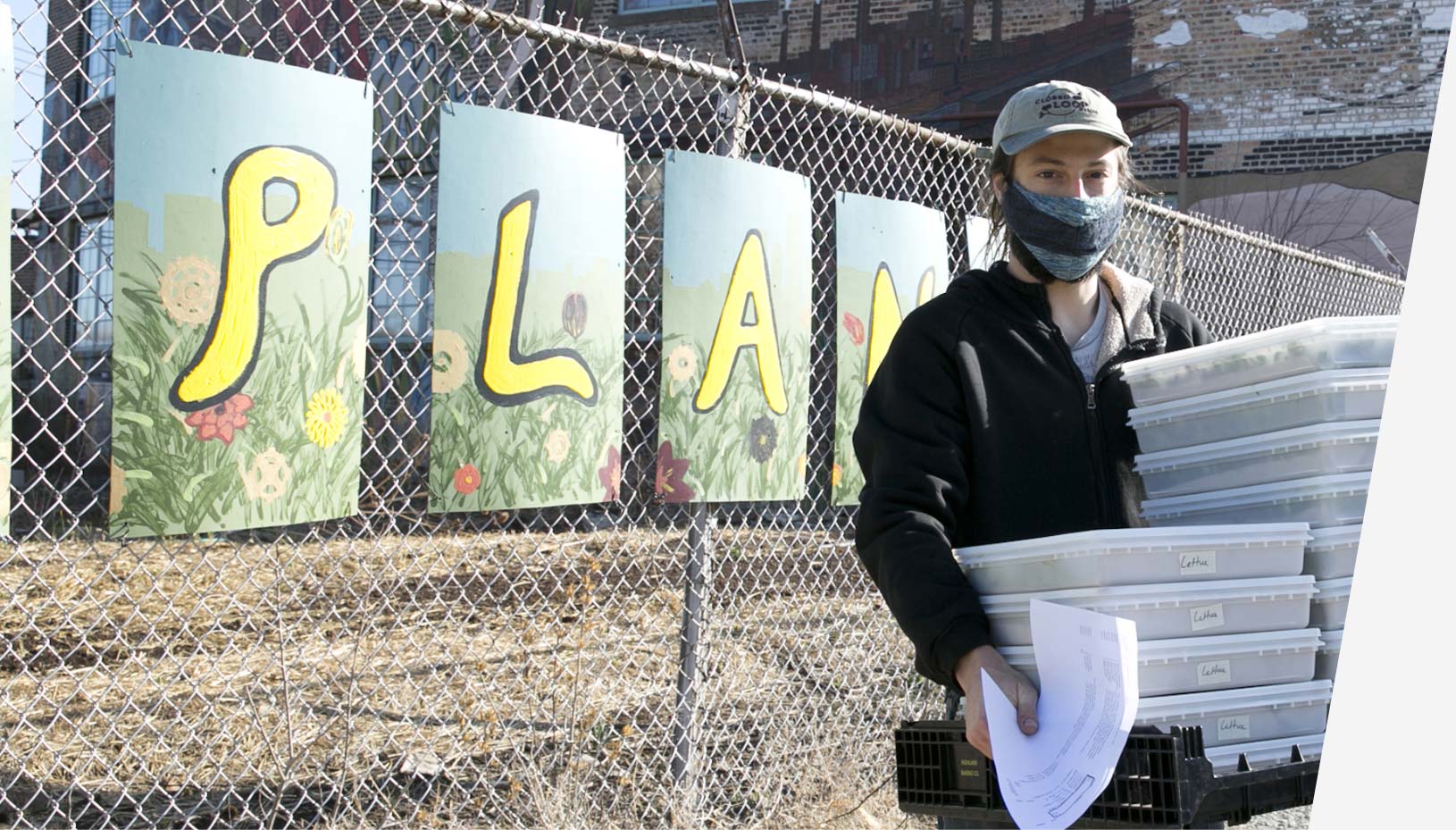
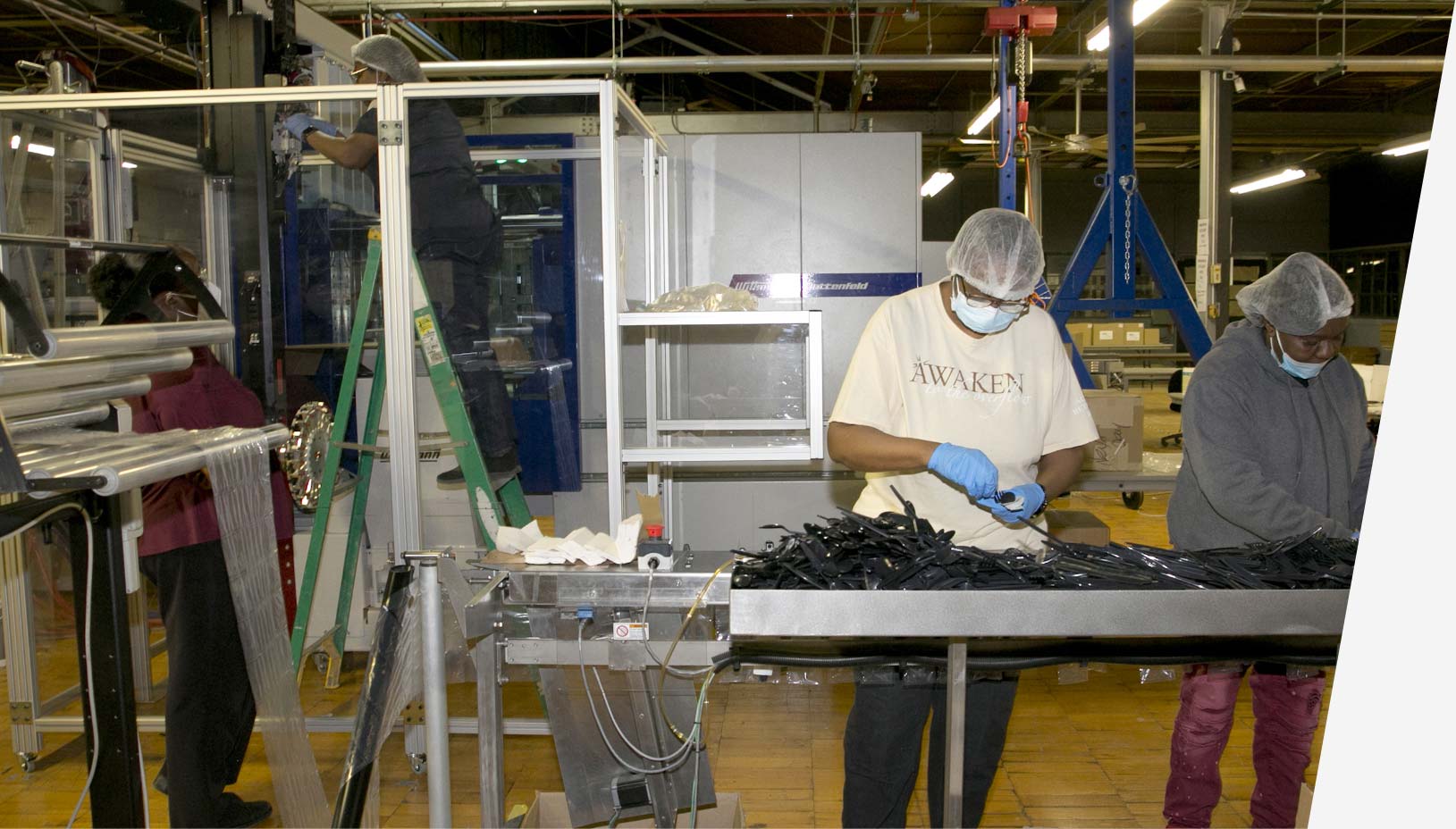
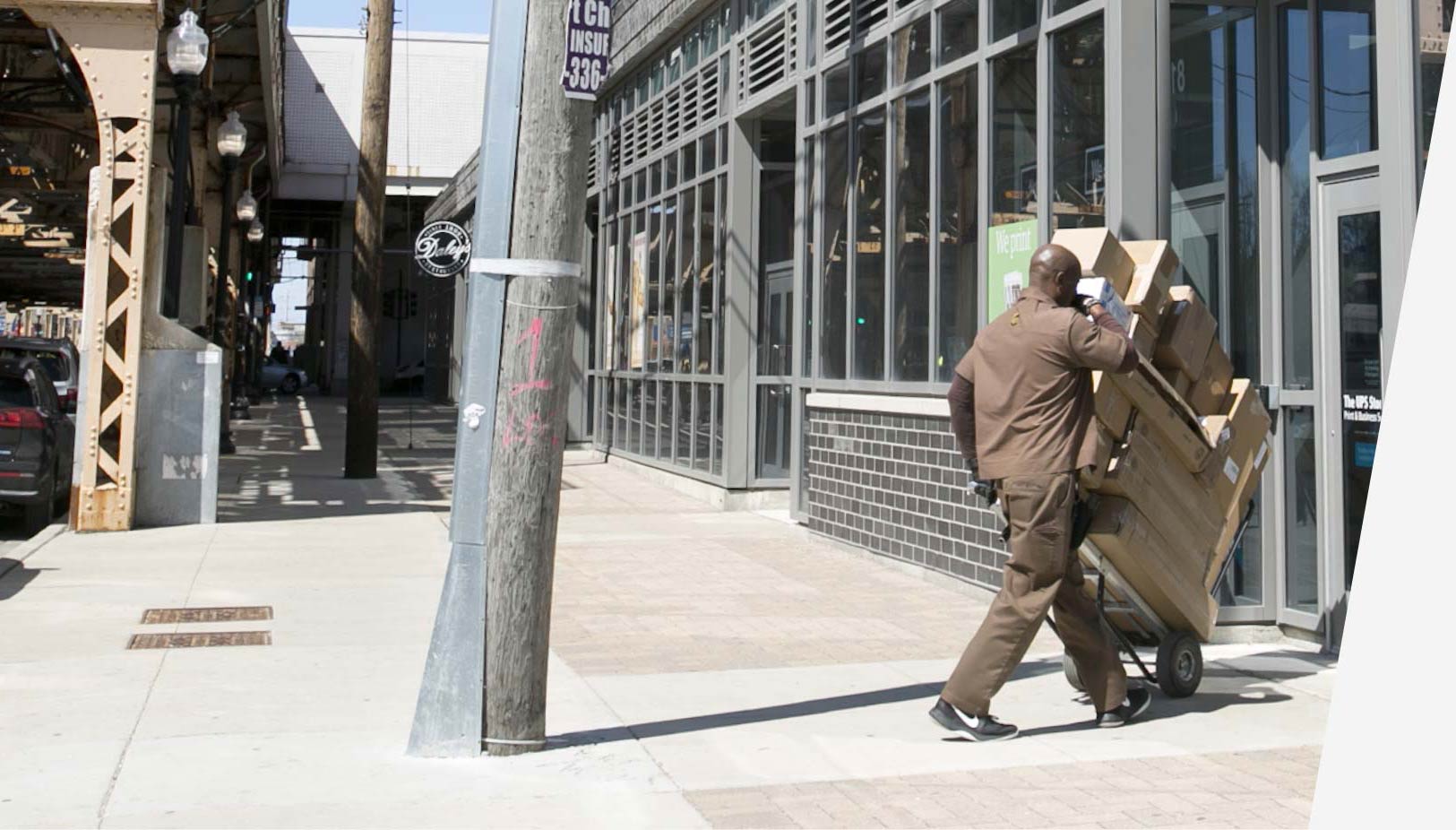
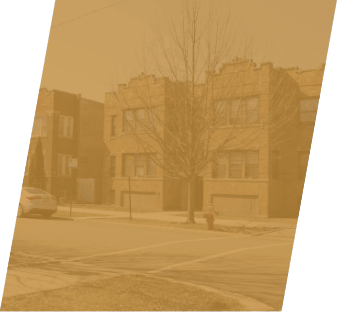
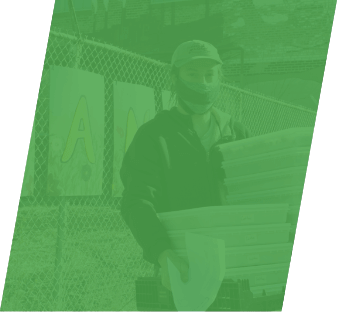
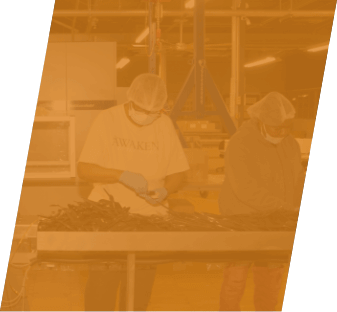
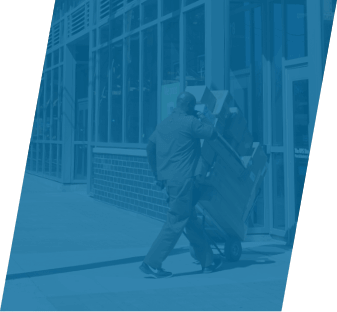

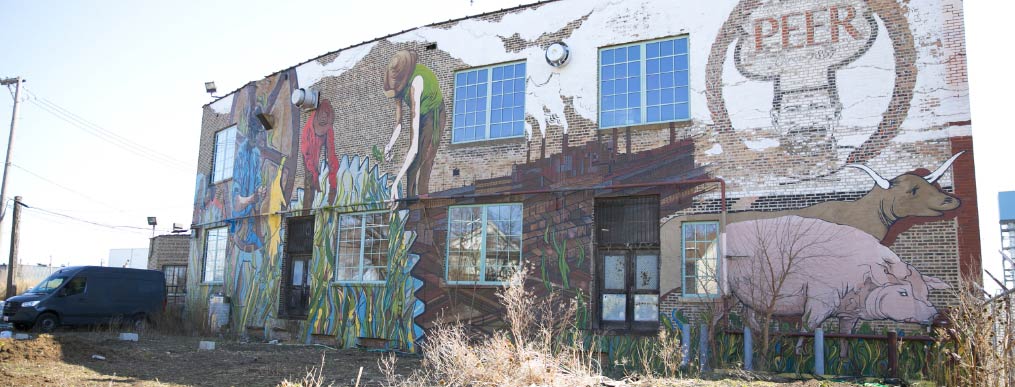
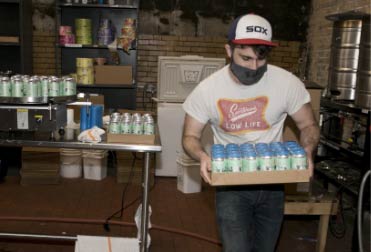
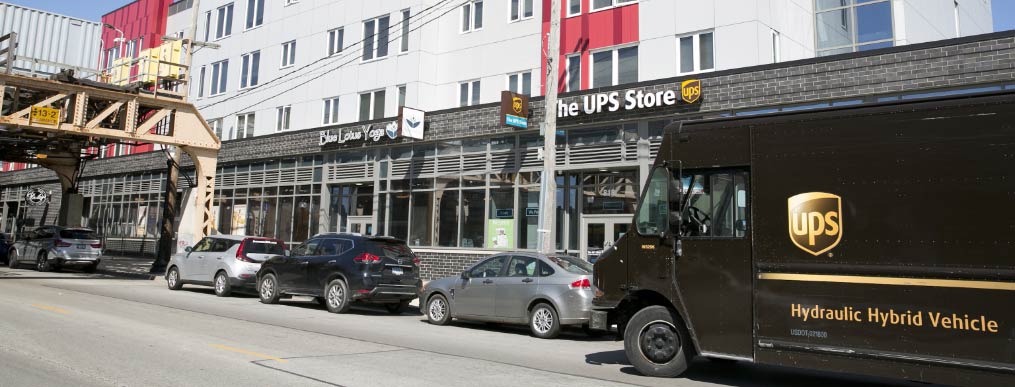
Building Self-Determination Building high-tech futures in Pullman
When people have a viable path to self-sustainability, it opens up a world of possibilities for their futures. On the South Side of Chicago, a forward-looking social enterprise is helping residents find such a path through an innovative robotics training program.
Created by the Bishop Arthur M. Brazier Foundation, BSD Industries is named for its mission of transforming communities through building self-determination. The enterprise’s 13-month-long robotics program, hosted at Chicago State University, offers participants five levels of credentials and prepares them for work in high-growth industries as automation technicians, CAD (computer-aided design) drafters, and robotics programmers. This instruction is then augmented by an “earn and learn” apprenticeship program at BSD’s state-of-the-art manufacturing facility at 95th and Cottage Grove. A former shoe factory, the site now produces high-quality, sustainable plastic cutlery and counts the University of Chicago, Bon Appetit, and local healthcare providers among its clients.
In 2014, CCLF and Community Reinvestment Fund pooled resources, equally contributing to a $400,000 loan that gave BSD a line of credit to support cash flow and equipment purchases during its start-up years. Since then, the robotics program has graduated more than 250 participants and BSD has built out its programming with a six-week essential employment skills course and job placement and retention services.
Like many other businesses, BSD had to completely rethink its operations during the COVID-19 pandemic. Training programs moved online, and social distancing and PPE became new norms for all onsite activity. To ensure participants could continue in the program, BSD did everything in its power to support their needs, from providing laptops to helping secure reliable internet access to making that extra phone call in attempts of reaching the person who suddenly dropped off. With its built-in focus on innovation and transformation, BSD was made to handle each challenge dealt in 2020.
“If there’s one thing our communities know, it’s how to jump over hurdles. We pivot when we have to because we’re survivors,” said Karen DeGrasse, workforce development manager.
Our Impact